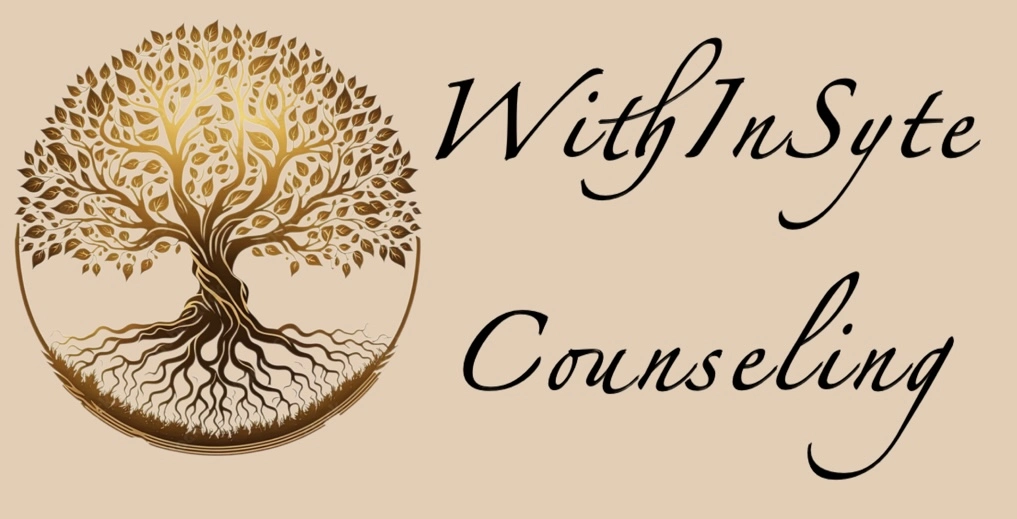Substance Abuse
What is substance abuse?
The DSM V is the book that defines criteria for all mental health diagnoses. The DSM states the one must have the following symptoms in order to qualify for a substance abuse or dependence diagnosis:
1. Needing more of the substance to have the same effect.
2. Using more than you planned to.
3. Spending a lot of time getting or recovering from the substance.
4. Not taking care of school, work or family obligations.
5. Continued use despite arguments or relationship issues.
6. Giving up recreational or social activities to use instead.
7. Use of substances in dangerous situations.
8. Withdrawal symptoms that can be relieved with more use.
9. Wanting to cut back or stop use, but being unable to.
10. Continuing use even if it is causing mental health or physical health issues.
11. Cravings to use.
How do I know if I have a problem?
- Are you slowly surrounding yourself with other people who use and seeing non-users less. Or, are you isolating yourself to use alone.
- Are you unhappy with your use or behavior when you consume substances?
- Do you get angry when someone confronts your behavior or says you’re having too much?
- Do you or others notice that you are using more than those around you?
- Do you regret or feel embarrassed by your behavior?
- Do people say you are like a different person when you use?
- Are you blacking out?
- Are you lying about how much of the substance you are having?
- Are you hiding your use from kids, family, your partner, or your physician?
- Have you experienced legal consequences such as a DUI?
- Do you have memory gaps or poor memory?
- Have you experienced an increase in anxiety, depression, or panic symptoms that may not have always been present?
- Are you covering up problems in your life by using instead of facing the problems?
- Does life feel too hard to deal with without substances?
If you or your loved one answered any of these questions, you are not alone. The truth is that most people have some version of a “quick fix” to deal with negative emotions or to increase positive emotions. Some people over or under eat, some people eat all of the wrong things, some self harm, others gamble or take too many negative risks, some over exercise, and others are workaholics.
As humans, we can be addicted to anything. Take your morning cup of coffee, for example. What happens if you miss that one cup of caffeine? You get headaches, you feel tired and lethargic, you’re irritable, you have withdrawal symptoms from missing just one cup of caffeine! We are creatures of habit, and we get so used to those habits that we don’t always realize that they are causing problems in our lives. This lack of awareness of our own problematic behavior is called denial. If we are in denial for too long, we experience negative consequences such as: a spouse leaving, bad relationships with our kids, getting fired from work, or legal problems. If any of this sounds like you or your loved one, it is important to seek help so that the situation can be remedied before any further negative consequences occur.
What do I do if my loved one is abusing substances?
The best thing you can do as the loved one of someone who is over using substances is to learn about boundaries and consequences. You can’t control others behavior, but you can control your responses to it and what you allow yourself to be a part of. Learn how to state the expectation and the consequence of the expectation not being met. Be sure to follow through. Consequences cause discomfort, and encourage the person to consider change. You will need education on how to do this appropriately so you may need to sign yourself up for counseling support or attend a support group.
When should I get help?
No matter where you are in your journey, there is help and support. Early prevention is always the best plan to avoid the most negative consequences from substance use.
If you are the loved one of someone who is using, you will likely need support as well. You will need to spend time learning boundaries, forgiveness, and moving on from hurt caused by your partner’s use.



